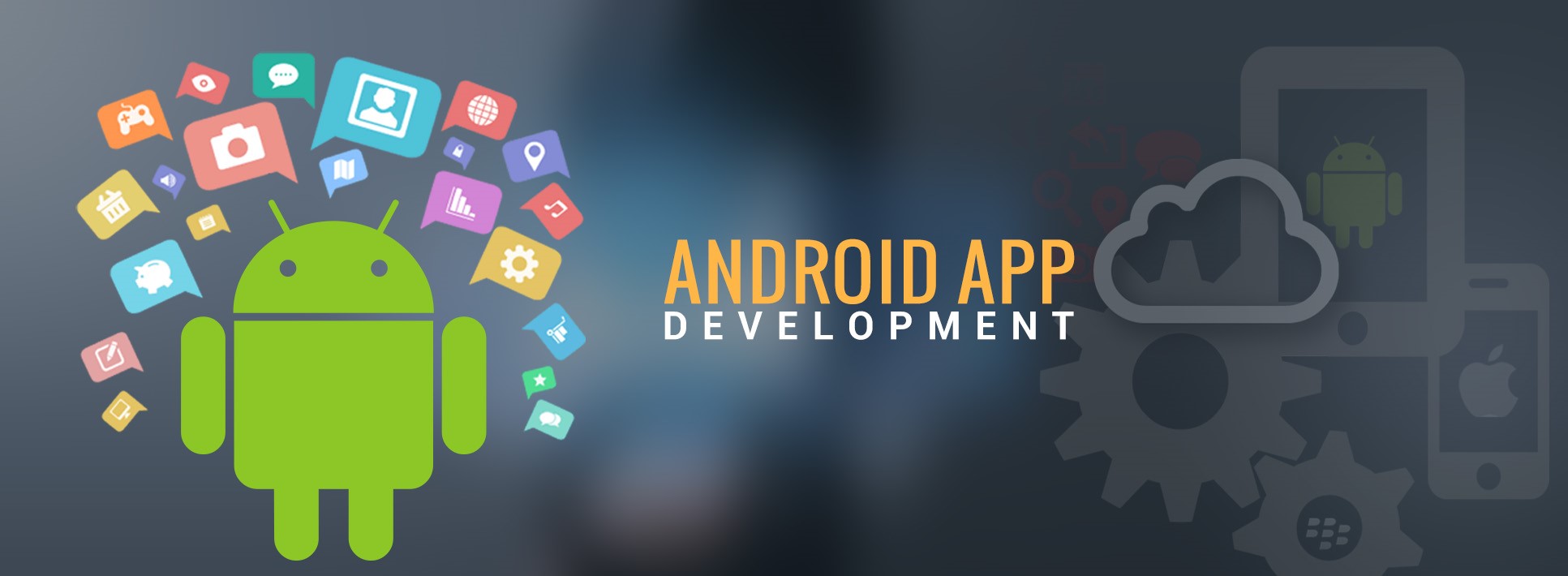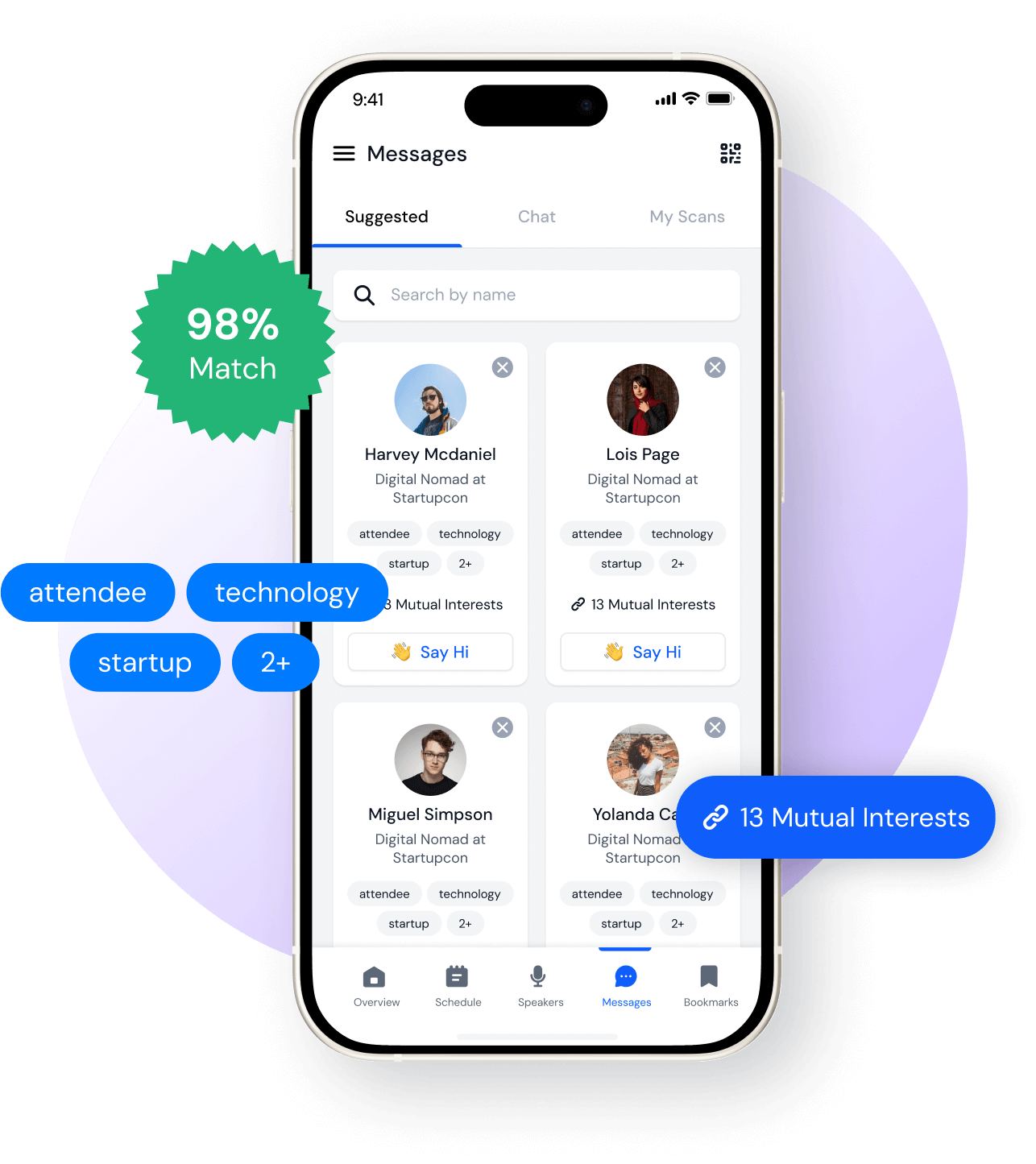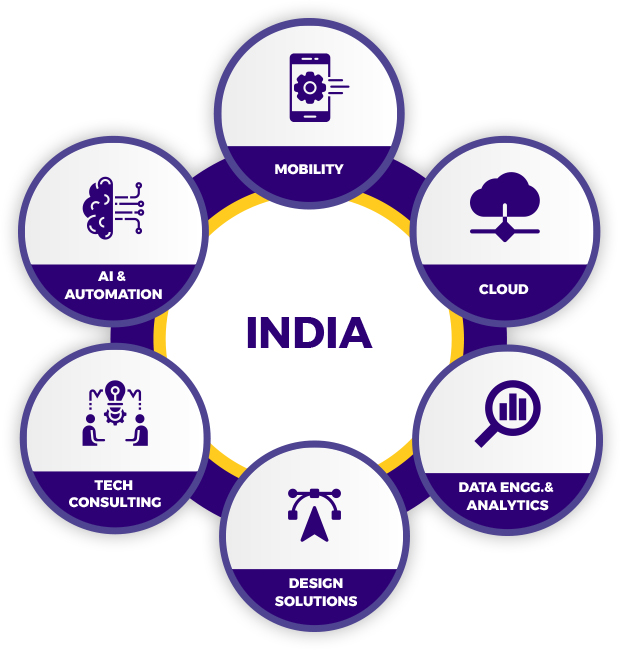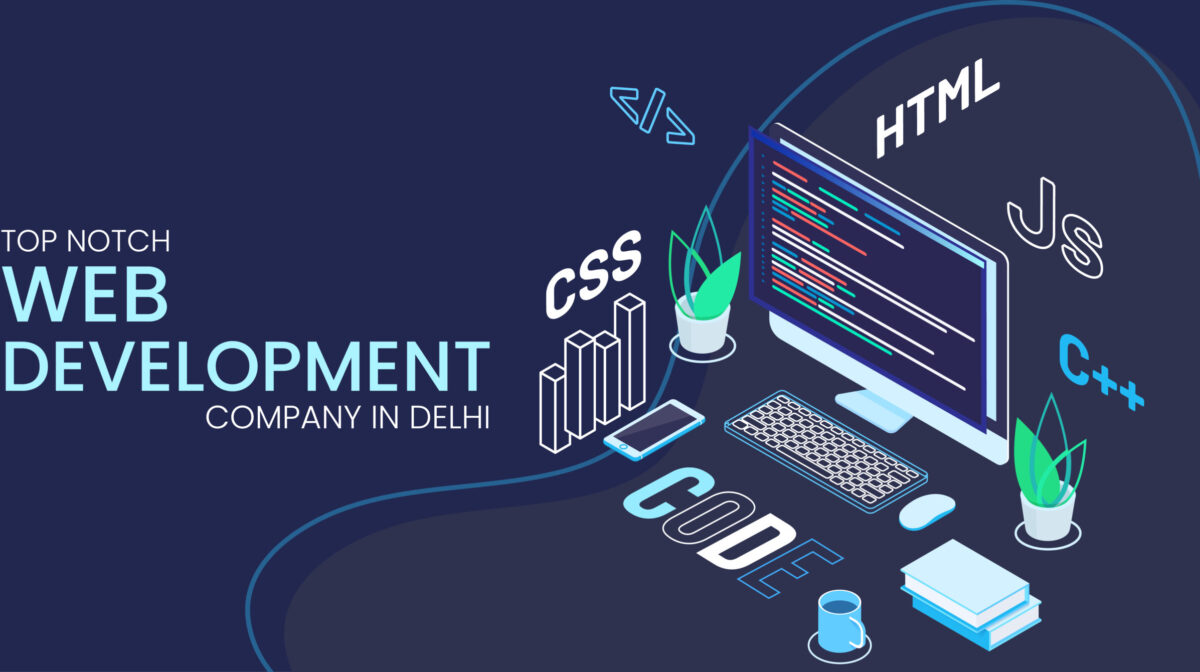
Android app development refers to the process of creating mobile applications for devices that run on the Android operating system. Android is a popular operating system developed by Google and is used in a wide range of devices, including smartphones, tablets, and smartwatches. Android app development involves designing, developing, testing, and deploying applications for the Android platform.
Developers use the Java or Kotlin programming languages and the Android Software Development Kit (SDK) to create Android applications. The SDK provides a set of tools and libraries that simplify the development process and enable developers to build robust and high-quality applications. Android apps can be created for a variety of purposes, such as social media, e-commerce, games, and productivity tools.
Android apps can be distributed through the Google Play Store or other third-party app stores. Developers can also choose to distribute their apps directly by sharing the app's APK (Android Package) file. Android apps can be monetized through in-app purchases, advertising, and subscriptions.
Fragmentation: Android is an open-source operating system, which means that it is available on a wide range of devices from different manufacturers. However, this can also lead to fragmentation, which can make it more challenging to develop applications that work seamlessly across all devices.
Compatibility: The Android operating system has different versions and API levels, which can impact the compatibility of an application. Developers need to take into account the various versions of Android and the associated APIs when creating an application to ensure that it works across different devices.
Design Guidelines: Google provides design guidelines for Android app development, which help developers create apps that are consistent with the overall Android user interface design. These guidelines ensure that the application's design is intuitive and user-friendly.
Security: Android has built-in security features, such as app sandboxing and permissions management, to help ensure the security of the user's data. Developers need to be mindful of these security features and follow best practices to create secure applications.
Integration: Android apps can be integrated with other applications and services, such as Google Maps and Google Drive. This enables developers to create applications that can access and share data with other applications.
Monetization: Android app development offers several monetization options, such as in-app purchases, ads, and subscriptions. Developers can choose the most appropriate monetization strategy based on the application's purpose and target audience.
Overall, Android app development offers a powerful platform for creating mobile applications that can reach a wide audience of Android device users. While there are some challenges associated with Android app development, such as fragmentation and compatibility, the platform's extensive developer community and range of monetization options make it a popular choice for many developers and businesses.
 Best CRM Software Development Company in Delhi NCR Oprezo India
Best CRM Software Development Company in Delhi NCR Oprezo India
 Dating App Development Company in India | Oprezo India
Dating App Development Company in India | Oprezo India
 Gaming Development Company in India | Mobile & Online Games – Oprezo India
Gaming Development Company in India | Mobile & Online Games – Oprezo India
 Happy New Year 2026 | Oprezo India All Services 25% Off
Happy New Year 2026 | Oprezo India All Services 25% Off
 Web Development Services in Delhi | Enterprise Website Solutions – Oprezo India
Web Development Services in Delhi | Enterprise Website Solutions – Oprezo India